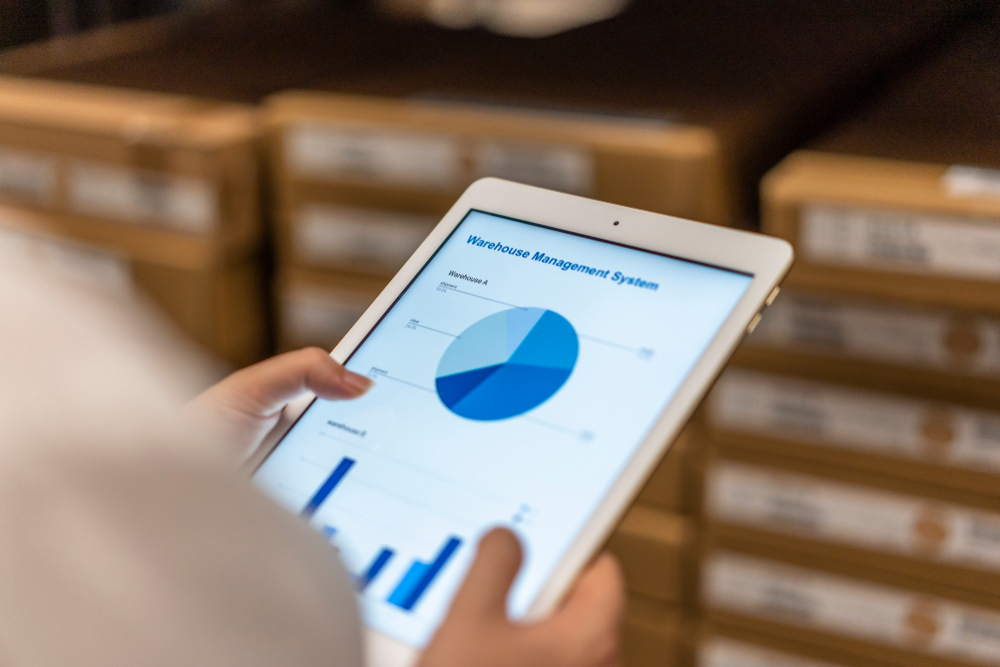
Over the past few years, a new kind of Amazon business has emerged – the FBA consolidator or aggregators. These are big businesses, with plenty of money to spend on buying up FBA businesses and scaling them up big-time.
Some of the names in the space are Foundry Brands, Factory 14, Thrasio, Heyday, Intrinsic, Perch, Boosted Commerce, SellerX, Elevate Brands, Heroes Technology, Moonshot, and Goja. In total they represent nearly $4 billion of capital that’s looking for a home; Boosted Capital alone has raised nearly $400m in financing.
So if you have built up a thriving FBA business, one of the aggregators could well be interested in acquiring it. Note, though, that many of the aggregators have specific sweet spots – Elevate is particularly keen on beauty, baby, garden and pet products, Heyday prefers to invest in brands that have already scaled up, and Factory 14 is particularly active in sports, outdoor, home improvement and kitchen.
The advantage that the aggregators have over you is that they have a head office team of specialists that they can use to grow the products faster. For instance they’ll employ SEO specialists who can work on the content strategy and keywords for all the products they sell, as well as an advertising team who can decide on which products to promote, and how. That lets them double some businesses’ revenues in the first year of ownership.
If you’ve reached the point where you need to either decide to become an FBA CEO and scale up your operation even further, or to do something else instead, you’re probably going to interest a consolidator. There are quite a few reasons that FBA product owners sell: do any of these apply to you?
• you love product design and you want to search for the next project,
• you’re a serial entrepreneur and you’ve got another idea you want to work on,
• you’re fed up following all the ins and outs of Amazon policy changes,
• you haven’t got the funds you need to invest in moving the business forward (for instance if you’ve been using your profits to pay off debt),
• you want to achieve financial independence and you’re nearly there,
• you don’t want to take on employees and you’re already outsourcing all you can.
On the other hand if you’re an Amazon optimization geek, or if you always wanted to run a corporate business, you’ll probably be in FBA for the long term.
Suppose you do want to quit. Until recently, that would have meant winding down your business. But now, you can sell it! Even better, if you take the right actions now, your business could be much more attractive to buyers in six months or a year’s time.
The businesses that consolidators want to buy have a number of characteristics. They want a business that’s got a track record – two or three years of increasing revenues and profits. They also want a business that has a brand; they’re not interested in pure resellers. If you’re selling via private label, and you’ve spent time establishing a brand and a connection to customers, that’s an attractive business. If you have proprietary product, even better.
So building up a private label business by improving your product consistently, and thus ending up with a proprietary product as a percentage of your business, is a great strategy to employ. It should improve your revenues and margins, as well as your chances of selling the business.
Your suppliers are part of the business that’s being bought – if you have three or four excellent suppliers and great relationships with them, your business will be very attractive; if you’re buying from all over the place, with dozens of small suppliers, it will be less so.
So what might your business be worth? The key to valuation is usually Seller Discretionary Earnings (SDE) – revenues less FBA fees, product and shipping costs, employment costs, and costs of software and tools like CashCowPro. Generally, consolidators will pay 2-3 times SDE.
There’s a caveat, though. Most of the aggregators are looking to spend $1m or so on each business. So unless you’re making profits above $300,000 a year, you’re unlikely to be in their league. (That could make you a useful target to achieve next year, of course!)
We recommend “pretending” you want to sell your business as a way of improving the profits, systems and structure. You will find that running an FBA business that is profitable – with good staff – actually is one of the best investment vehicles so you would probably be better off holding on to it.
